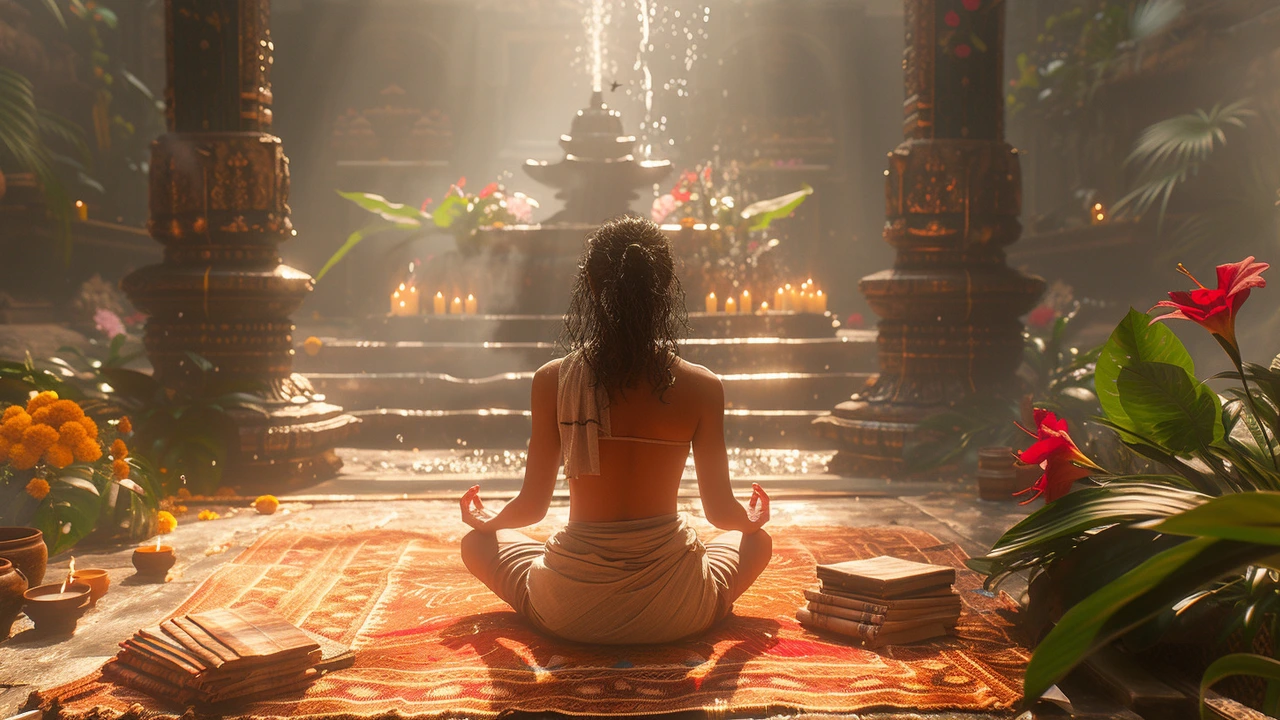Understanding Stress and Its Impact
Before we delve into the world of relaxation techniques, it's important to understand why they are necessary. Stress, in simple terms, is the body's response to any kind of demand or threat. While a certain amount of stress can be beneficial, helping us rise to meet challenges, chronic stress can be detrimental to our physical and mental health. Prolonged periods of stress can lead to a host of health problems, including heart disease, high blood pressure, diabetes, and other serious conditions.
Stress can also lead to mental health issues such as depression and anxiety. It can affect our sleep, appetite, and overall quality of life. But the good news is, stress can be managed. And that's where relaxation techniques come in. These are methods that help to reduce stress, promote relaxation, and enhance our overall well-being.
Deep Breathing: The Power of the Breath
Deep breathing is one of the simplest and most effective relaxation techniques. It's easy to learn, can be done anywhere, and provides immediate relief from stress. When we're stressed, our breathing can become shallow and rapid. This can amplify feelings of anxiety and tension. Deep breathing, on the other hand, promotes full oxygen exchange, slows the heartbeat, and can help lower or stabilize blood pressure.
To practice deep breathing, find a quiet place, sit or lie down comfortably, and then take a slow, deep breath in through your nose, letting your belly rise as you fill your lungs with air. Hold your breath for a few seconds, then slowly exhale through your mouth, letting your belly fall. Repeat this for a few minutes, and you'll likely feel a sense of calm washing over you.
Meditation: The Art of Mindfulness
Meditation is a practice that has been used for millennia to promote relaxation, enhance spiritual growth, and foster a sense of peace and tranquility. In recent years, research has shown that regular meditation can also have a significant impact on our physical health, leading to lower blood pressure, improved digestion, and even a stronger immune system.
One of the most popular forms of meditation is mindfulness meditation, which involves focusing on your breath and bringing your attention to the present moment, without judgment. This can be done for just a few minutes each day, and it's a wonderful way to quiet the mind, reduce stress, and promote a sense of peace and well-being.
Progressive Muscle Relaxation: Unwind Your Body
Another effective relaxation technique is progressive muscle relaxation. This involves tensing and then releasing different muscle groups in your body, starting from your toes and working your way up to your head. The idea is that by focusing on the sensation of relaxation, you can help to reduce the tension and stress in your body.
Progressive muscle relaxation can be especially helpful for people who carry their stress in their bodies, leading to muscle tension, headaches, and other physical symptoms. It's also a great way to promote better sleep, as it can help to calm the mind and relax the body before bed.
Yoga and Tai Chi: Movement for Relaxation
Yoga and Tai Chi are both ancient practices that combine movement, meditation, and breath work to promote relaxation and reduce stress. Both practices can be done by people of all ages and fitness levels, and they offer a host of health benefits, from improved flexibility and strength to better sleep and reduced anxiety.
Yoga involves a series of postures and breathing exercises designed to enhance flexibility, strength, and balance. Tai Chi, on the other hand, involves slow, flowing movements and deep breathing. Both practices are wonderful ways to reduce stress and promote a sense of peace and well-being. If you've never tried Yoga or Tai Chi before, consider taking a class or finding a video online to guide you through the practice.

